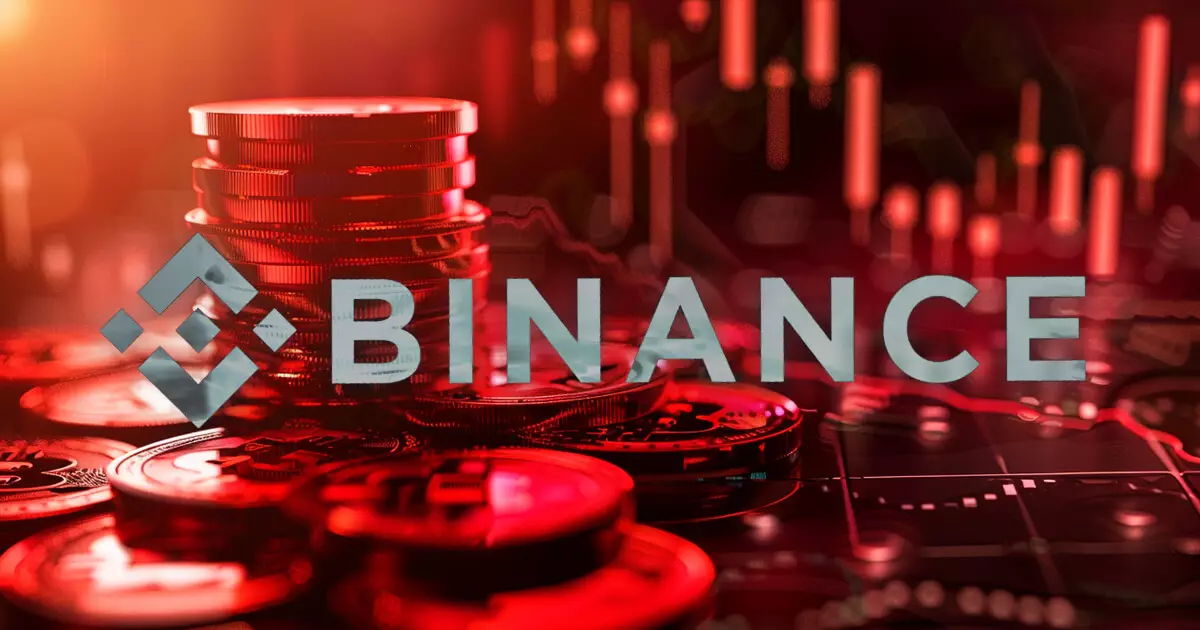In recent months, the cryptocurrency landscape has been increasingly dominated by a unique phenomenon—memecoins. These digital assets, often inspired by internet culture, have gained remarkable traction among investors seeking high returns. However, this surge has not been without controversy, particularly concerning Binance’s recent listing of Solana-based memecoins, namely The AI Prophecy (ACT) and Peanut the Squirrel (PNUT). This article delves into the allegations surrounding potential market manipulation practices on the part of Binance, the implications for retail investors, and the broader concerns regarding ethical standards in cryptocurrency exchanges.
On November 11, Binance—a titan in the cryptocurrency exchange realm—surprised the community by listing ACT and PNUT, which had previously been flying under the radar. This unexpected move led to a staggering spike in both coins’ market values, with ACT witnessing a jaw-dropping increase of over 1,000% and PNUT no less impressive with a 100% rise. This phenomenon raises questions about the mechanisms that underpin such rapid price escalations and whether deliberate strategies contributed to these surges.
The core issue at hand is not merely the price fluctuations but also the broader ramifications for smaller investors. Critics argue that such sudden listings seem reminiscent of “pump-and-dump” schemes, where the initial surge is orchestrated by insiders who later offload their holdings at inflated prices. Observers like Leonidas, co-founder of Ord.io, have been vocal in their critique, launching petitions to demand accountability and transparency in Binance’s listing procedures.
Leonidas’s concerns bring to light a critical aspect of cryptocurrency exchanges: market integrity. He suggests that Binance could favor low-market-cap memecoins controlled by a select few, possibly jeopardizing the interests of everyday investors. If insiders can afford to pay substantial listing fees that enable their tokens to gain visibility, the already skewed playing field becomes even more tilted in their favor.
This notion aligns with broader concerns about conflicts of interest in the crypto market. The idea that exchanges can profit from deliberately inflating the prices of low-valued memecoins raises ethical questions about their responsibilities toward uninformed investors. Loopify, another influential figure in the crypto community, echoed similar concerns, suggesting that Binance may be adopting a lenient approach to listings to retain users who might otherwise migrate to decentralized exchanges.
The rapid rise in the number of memecoins listed by Binance in recent months marks a stark departure from the exchange’s previously stringent listing policy. Data suggests an overwhelming majority of these recently listed tokens have been extremely volatile—indicating a lack of caution that was once characteristic of Binance’s approach. An on-chain analyst noted that a significant portion of these newly minted memecoins showed substantial price increases post-listing. Yet, the observation that most of these tokens were developed on Solana raises a critical question: Is Binance prioritizing popularity and community engagement over financial robustness?
This shift in listing strategy opens the door for speculation about whether Binance enforces any sort of minimum market capitalization requirement for new listings. The apparent absence of such criteria hints at a willingness to engage with tokens primarily based on their social traction rather than their financial viability.
Call for Greater Transparency
The crux of the matter may lie in the demand for greater transparency from crypto exchanges. Leonidas’s call for Binance to publicly disclose its listing fees and the nature of transactions involved highlights a pressing need for clarity in the operational processes of cryptocurrency exchanges. Without transparency, the door is left open for the kind of exploitative practices that could diminish trust in the entire system.
The ongoing concerns over Binance’s memecoin listings accentuate the inherent conflict between profitability and ethical responsibility in the rapidly evolving cryptocurrency market. As retail investors navigate the complexities of these new digital assets, the need for accountability and a regulatory framework becomes increasingly critical if the market is to foster genuine growth and inclusivity.


Leave a Reply